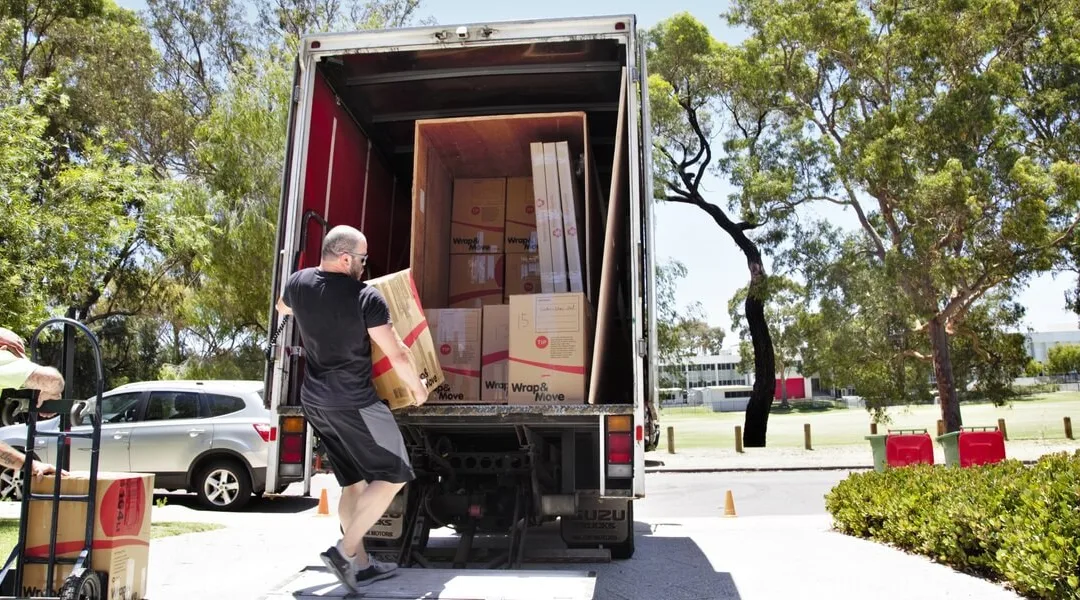
Is it right for you?
Downsizing is frequently a major turning point in retirement.
It’s not for everybody, but it does offer a rewarding and potentially lucrative strategy for many older Australians.
In fact, access to home equity can mean the difference between a comfortable and an austere retirement.
This is why so many retirees are currently considering when and whether to make this move.
The option to downsize is not attached to any particular stage of retirement. There are three main approaches:
- Some retirees take the plunge early as they wish to change homes, postcodes and lifestyles immediately after full-time work.
- Others use downsizing as a mid-term strategy to free up funds, a few years after they are already accustomed to life post-work.
- And then there are those who do so when they are much older, often for reasons of accessibility, easier home maintenance and perhaps the opportunity to live in a village-style complex.
The reasons for downsizing are entirely personal. But the outcomes can also be very financial, as downsizing now has two distinct definitions.
At the simplest level, it is a description of the move from your current home to one that is (usually but not always) smaller and better suited to your retirement life style. This move to smaller accommodation is often prompted by the need for less space when adult children leave home.
On the other hand, a ‘downsizing contribution’ is a financial strategy used to describe Federal Government rules that allow you to contribute significant extra sums into your super, as long as these amounts are the proceeds from the sale of a home that you have lived in for more than 10 years.
This potential gain (because money in your super is in a more favourable tax environment) is about to be offered to even younger pre-retirees. Starting on 1 July 2022, this legislation can now be used by anyone aged 60 or over. This will most likely change to 55 or older in October this year, if the proposed legislation is voted into law.
There’s a lot to consider when thinking of downsizing, and much of the decision-making can feel like a battle between your heart and your head. Here’s a quick overview of the pros and cons as well as some more detail on the downsizing contribution rules to help you to better understand your options.
You can decide in your own time.
The first important point to remember is that you really don’t have to decide right now, says Nicole our financial adviser.
‘Many of our clients are entering or approaching retirement and feel that they need to have it all figured out up front. Sometimes the idea of downsizing is just a back-up plan that helps them feel more confident about the future when entering retirement. Most already have some resources in the form of super or cash to see them through for a while, but they don’t know how long it will last. That’s OK, they’re not going to wake up one day and it’s all gone. Utilising retirement wealth is usually a slow process and they will have plenty of time to make decisions as crunch time approaches.’
Pros and cons
There isn’t a single right or wrong answer about downsizing as everyone’s circumstances are different. Here are some things that should be considered.
Pros
- You could free up additional money which you could use to invest or pay off debt. For example, you might have a mortgage currently but could be mortgage free or reduce the size of your mortgage if you downsize. Saving on interest repayments can be very attractive when you are on a fixed income.
- Smaller homes are typically easier to maintain
- Utility bills will typically – but not always – be lower
- You might be able to afford a smaller home that is more conveniently located to important services and/or friends and family
- You may feel this is an exciting way to kickstart your new life.
Cons
- Relocation can be an emotional wrench as there are lots of memories in your home
- You might have a lot less space so you could be downsizing your possessions as well as your home
- It might be harder to accommodate visiting friends and family
- You have to be willing to establish yourself in a new environment.
- Centrelink Age Pension impacts from the sale proceeds prior to building or buying your new home may reduce your entitlements (see today’s Q&A how this can go wrong).
Rules of the downsizing contribution
There may be the opportunity to use the proceeds of the sale of your house (to a maximum of $300,000 per person) to contribute to super as long as you meet a number of requirements. Some of these requirements are:
- Age – you need to meet the minimum age for making the downsizer contribution
- Ownership – you need to meet the minimum homeownership rules
- Capital Gains Tax (CGT) – you will also need to meet the CGT exemption rule requirements
- Timing – you must contribute the money to your super fund within the regulated time frame
- Detail – you will also need to complete the correct superannuation forms on time.
But wait, there’s more …
Did you know that you can …
…combine ‘downsizer’ contributions and Centrelink’s younger spouse superannuation rules? When these rules are used in tandem, it means a retiree can contribute up to a maximum of $300,000 of the proceeds of a house sale to a younger spouse’s accumulation account. This means that this money is NOT included in the older spouse’s asset test for the Age Pension. This is a huge win. But make sure that you understand the ‘downsizer’ rules thoroughly and check and recheck your sums – preferably with the support of a qualified financial adviser – before committing to this decision. Using this strategy is not your only option. There are lots of other strategies that might be available for you, including an additional non-concessional contribution. It’s probably a good idea to book a consultation with one of our advisers to talk this through.
In summary, all of the above could have implications for your entitlements and possibly your tax so make sure you book a consultation with our financial advisers before pursuing any of them.



I’m a 66 year old woman retiring next year, I have an investment property. My husband is 5 years younger than me so he will be working for another 6 years.
I don’t know what to do with my investment property before I retire, please give me some advice
Kind regards
Mari (Connie) Darken
Hi Mari, good on you for getting in early so you can plan ahead! It would be best for you to book in a consultation with our Financial Adviser. This way we can understand your individual needs/goals, then help you plan for your retirement from the POV of maximising your entitlements. The session goes for 60mins and costs $330, CLICK HERE to book.
In Susan’s scenario, for losing her pension, was due to the rule below.
Should Susan have waited to repurchase 12 months after selling her property, to avoid the consequence of losing her pension?
“In selling and repurchasing quickly she did not realise that the proceeds of the sale would be asset test exempt for 12 months, so she did not really need to rush her decision-making.”
Please explain more about exemptions for capital gains tax.
I have no Centrelink and a couple of investments, retired and 63yrs
Hi Lizzie, thanks for the suggestion! We’ll see if we can do an article covering off capital gains tax in the coming weeks.
you state in this article to be eligible to use the downsizer contribution it needs to be ‘a home that you have LIVED in for more than 10 years’.
can you clarify this? I thought it was that you needed to OWN it for 10 years and for it to be at LEAST partially CGT exempt but I cannot find the actual length of time you need to have LIVED in it
My sister[64] has lived with my dad for the last 30 years looking after him. She inherited the house in the will. Will she need to wait 10 years before she can downsize and have the ability to put up to $300,000 into her superannuation which is very small at the moment without any issues.Is the legislation about living in the house or ownership for 10 years.
Hi Mark, That’s certainly a tricky one. The ATO provides more information about what is needed to qualify to make a downsizer contribution on their website here.
Note that the downsizer contribution may not be the only way to get some funds into superannuation. To discuss the situation with a little more clarity your sister may benefit from making an appointment for a consultation with me or one of my colleagues. There is a booking link here.